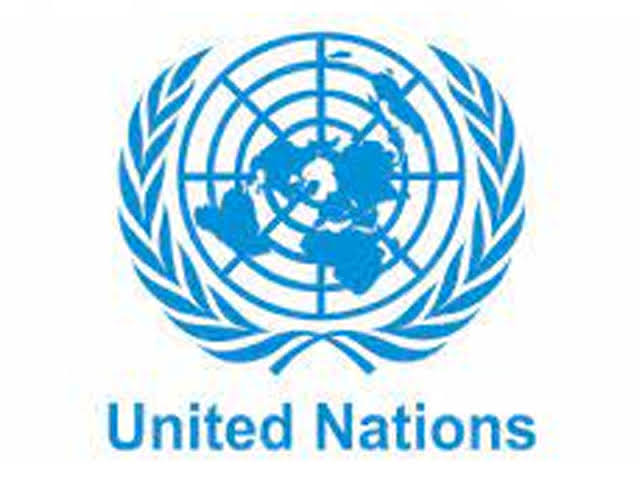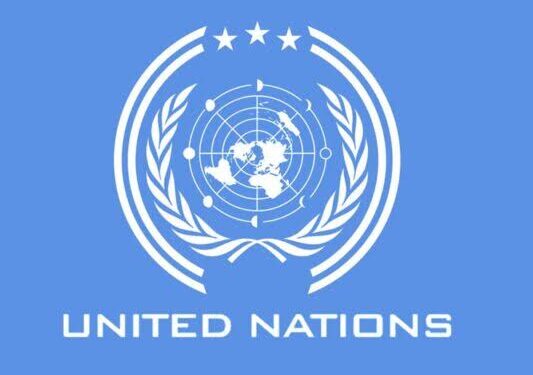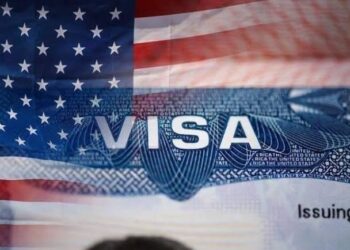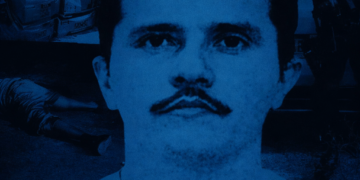On Wednesday, the United States used its veto power at the United Nations Security Council to stop a proposed resolution that asked for an immediate and unconditional ceasefire in the Gaza Strip. Despite 14 out of the 15 council members voting for the resolution, the U.S. veto made it ineffective.
The draft resolution, proposed by the 10 elected council members (E10), called for an end to hostilities, the release of all hostages, unrestricted access for aid, and the removal of Israeli troops from Gaza. It criticized the starvation of Palestinians and strongly encouraged following international humanitarian rules, including protecting civilians and UN buildings.

Had it been adopted, the resolution would have made it easier to send help quickly and highlighted the role of the UN Relief Agency for Palestine Refugees (UNRWA) in dealing with Gaza’s humanitarian problems. It also asked for the release of Palestinian prisoners and for people to be allowed to go back to their homes, especially in northern Gaza, where many are forced to leave and face hunger.
The U.S. veto has faced a lot of criticism from international observers and humanitarian groups.
They believe this decision weakens the council’s ability to keep the world peaceful and safe, and it makes the situation in Gaza even worse for the people living there.
With the siege intensifying, Gazans are running out of food, water, medicine, and shelter. The veto means the world is trying to figure out how to deal with the growing problem without help from the Security Council.

















